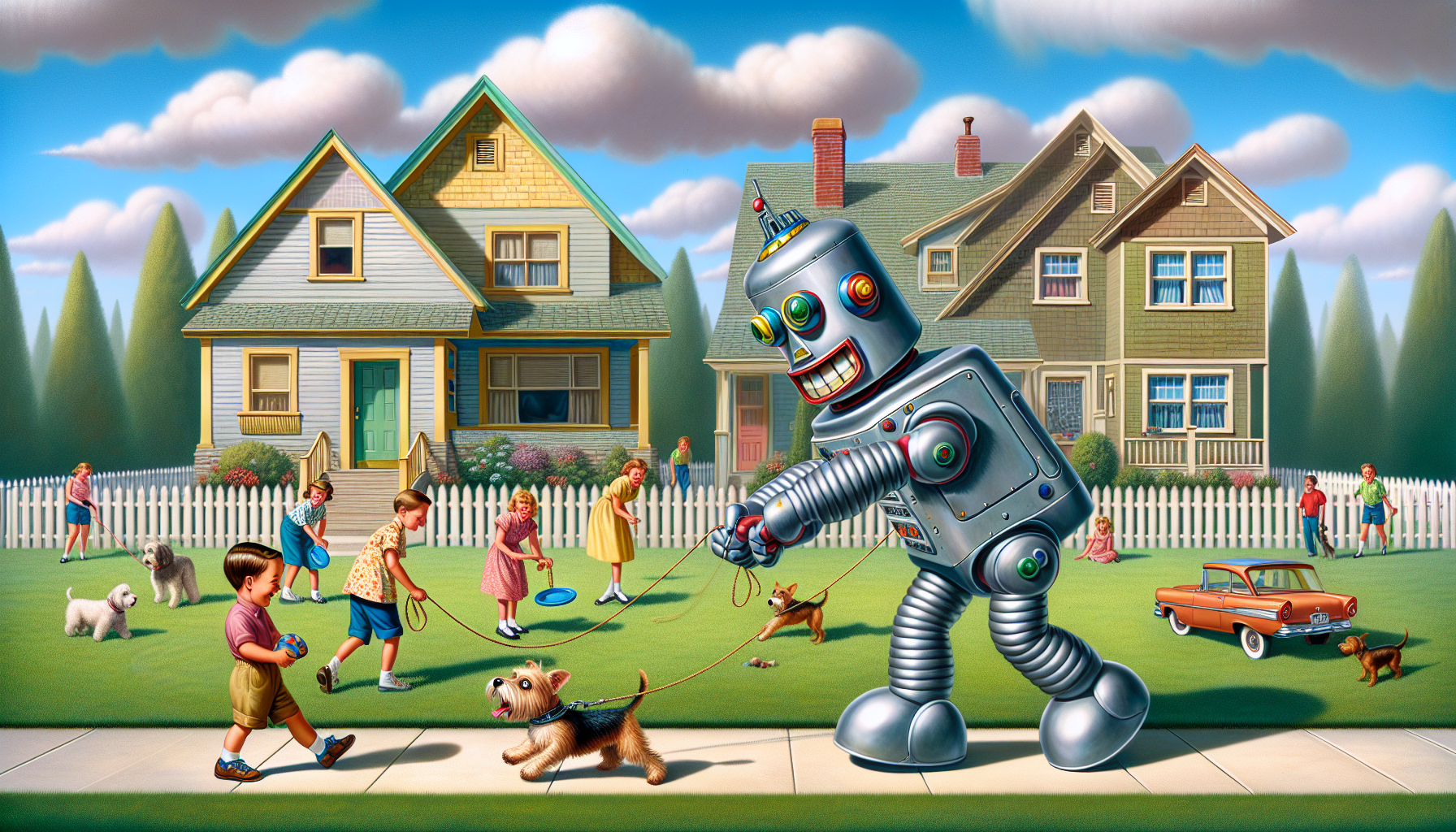Microsoft's AI Revolution: Autonomous Agents, CoreAI Leadership, and Mistral's Devstral Model Unveiling
May 22, 2025

How Microsoft wants AI agents to use your PC for you
At the Build 2025 conference, Microsoft showcased an innovative vision where chatbots, like AI agents, can autonomously operate PCs using the Model Context Protocol (MCP), initially created by Anthropic. This open-source protocol facilitates communication between AI applications and various apps or web services, enabling them to control applications on your PC. Additionally, Microsoft emphasized a commitment to enhancing local AI applications on Windows, signaling a move beyond just integrating Copilot+ into PCs. (Source)
AI Agents: The Strategic Rise Of AI Agents
Several forward-thinking companies are embracing AI-enabled digital transformation by integrating autonomous AI agents into business processes, as explained by Umair Javed, founder and CEO of Tkxel. These AI agents go beyond the capabilities of large language models like ChatGPT by actively executing tasks autonomously, such as managing emails or coordinating complex workflows, rather than just assisting with responses. Javed identifies five types of AI agents that enhance various business functions—task, conversational, creative, analytical, and orchestration agents—highlighting their potential to boost efficiency and foster scalability. The advancement in language models, integration capabilities, and multimodal communication has made the deployment of these agents practical and beneficial, reflective of AI's growing impact across industries. However, Javed cautions against common pitfalls, emphasizing the need for a strategic approach with clear objectives, ethical oversight, and defined success metrics to fully leverage the potential of agentic AI in reshaping business operations. (Source)
How The Rise Of AI Agents Can Revolutionize The Supply Chain And Other Industries
Agentic AI, marked by its ability to operate autonomously using technologies such as machine learning, natural language processing, and retrieval-augmented generation, is gaining traction among businesses for its potential to reduce costs and enhance decision-making efficiency. Companies like Amazon and Walmart have already integrated these AI solutions to improve functionalities such as virtual assistance and inventory management. The adoption process, however, requires careful planning and data management to overcome challenges like data quality, security, and system compatibility. Businesses face the choice between third-party AI solutions, custom-built systems, or hybrid approaches, each with varying costs, integration complexities, and customization capabilities. As AI agents become essential for competitive advantage, companies are encouraged to adopt these technologies to streamline operations and make data-driven decisions, improving their agility and sustainability in an increasingly complex market landscape. (Source)
Microsoft put an ex-Facebook exec in charge of a new AI unit. Internal memos reveal how it's going.
Microsoft is spearheading an initiative to usher in an "age of AI agents" under CEO Satya Nadella's directive, appointing former Meta executive Jay Parikh to lead a new AI division called CoreAI. Parikh, who joined Microsoft after helming cloud security company Laceworks, aims to establish an "agent factory" for developing AI personal assistants, reminiscent of Bill Gates and Paul Allen's vision for a "software factory." Parikh's leadership involves significant collaborations across Microsoft's teams and focuses on reshaping company culture to prioritize macro-level solutions over temporary fixes. Since January, CoreAI has made notable strides, including generating substantial cost savings via its Foundry platform and expanding GitHub Copilot's user base. His strategic initiatives include fostering a learning culture within Microsoft, addressing operational inefficiencies, and emphasizing customer satisfaction through systematic reviews and recovery plans. (Source)
Mistral AI launches Devstral, powerful new open source SWE agent model that runs on laptops
Mistral, a French AI model maker, has unveiled Devstral, a 24-billion-parameter open-source language model developed in collaboration with startup All Hands AI. Designed for agentic AI applications, Devstral excels in software engineering tasks by understanding context across files and navigating large codebases, outperforming many larger models—including GPT-4.1-mini—by over 20 percentage points on the SWE-Bench Verified benchmark. Released under the Apache 2.0 license, Devstral allows for extensive customization and commercial use. It supports local deployment on devices with modest computing power and features a broad compatibility with platforms like Hugging Face and libraries such as Transformers. Mistral plans to enhance this model further, underscoring its commitment to open-source innovation. (Source)
